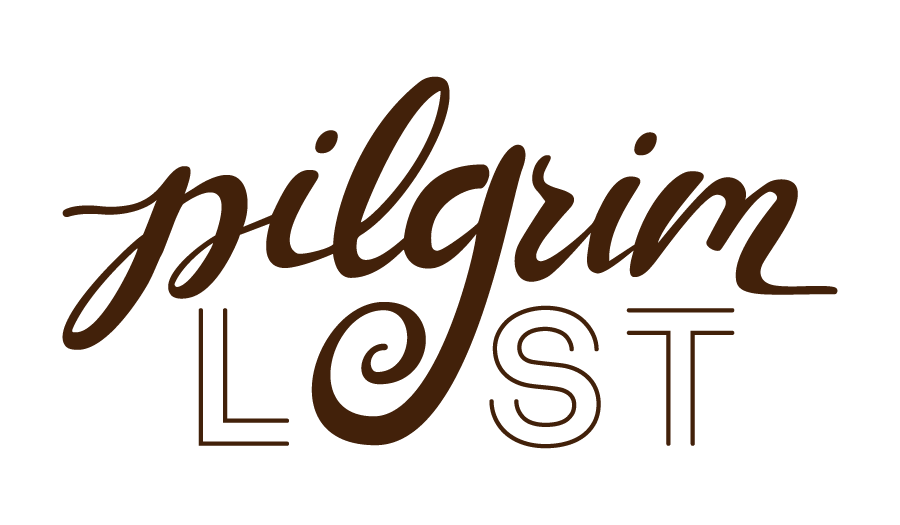The Bookcase
Listening to Karyn and Tony share their journeys through doubt and deconstruction this past month has led me to reflect on my own. I was trying to explain faith deconstruction to a friend of mine the other day and I used a metaphor that has been very helpful to me.
Imagine, if you will, that when we are small children, we are given a bookcase to carry with us through life. The bookcase is full of all kinds of books - these books are essentially the beliefs of our parents, pastors and those adults that are the biggest influences on us as we mature and grow. We might add books into this bookcase, but the vast majority of the shelves have been filled already.
Some of the books are truly good and they guide us well and help us on our journey. Others are heavy and destructive and cause us to stumble even when the giver of the book had the very best intentions.
At some point in our lives, we realize that we’ve never really looked at most of these books. Sometimes we are afraid to. We think we might be betraying those that placed the books there to begin with. We haven’t given ourselves permission to read these books with a critical eye and feel some sense of loyalty to carry them around.
For many this point is early adulthood. For others, something traumatic occurs, like a death or a divorce or any number of things. In any case, something happens that shakes us up enough that we find ourselves sitting down in front of that bookcase, pulling out the books, one by one, opening them up and really examining them for perhaps the very first time. We may find that the books on our shelves are truly ours, but more than likely we will find that there are many volumes that do not represent who we are and more importantly, who we have become. We decide to let go of those books; discarding them to create space for something new.
Sometimes the discarding isn’t the subjects of the books themselves, but the merely the way that the subject has been communicated. Sometimes we end up with very few books on our shelf, but now, they are truly our own. We feel a freedom to start to listen and learn and seek others that might have new books to share with us. We realize that we alone are responsible for what we carry around in our bookcase, and it is incredibly freeing and overwhelmingly solemn all at once.
This is a very simplistic but a helpful visual way to understand deconstruction. My own deconstruction process, ironically, was put into motion by an actual book called Everything Belongs by Richard Rohr that a friend recommended. I first read it on my travels when I was living on the island of Iona in Scotland, and it captivated me. I read it twice more in as many months and it put to words everything I had been feeling as I had been cleaning out my own faith bookcase in the wake of my failed marriage.
Suffice it to say, this book is literally and figuratively in my bookcase. I will leave you with a few of my favorite quotes from Everything Belongs:
“God is always bigger than the boxes we build for God, so we should not spend so much time protecting the boxes. People who have learned to live from their center in God know which boundaries are worth maintaining and which can be surrendered, although it is this very struggle that often constitutes their deepest “dark nights.” Both maintaining and surrendering boundaries ironically require an “obedience,” because they require listening to a Voice beyond their own. If you want a litmus test for people who are living out of one’s True Self. that might be it: they are always free to obey, but they might also disobey the expectations of church and state to obey who-they-are-in God."
“If we are to believe Jesus, nothing is more dangerous than people who presume they already see. God can most easily be lost by being thought found.”
“Religion has… not tended to create seekers or searchers, has not tended to create honest humble people who trust that God is always beyond them. We aren’t focused on the great mystery. Rather religion has tended to create people who think they have God in their pockets, people with quick, easy, glib answers. That’s why so much of the West is understandably abandoning religion. People know the great mystery cannot be that simple and facile. If the great mystery is indeed the Great Mystery, it will lead us into paradox, into darkness, and into journeys that never cease.”




